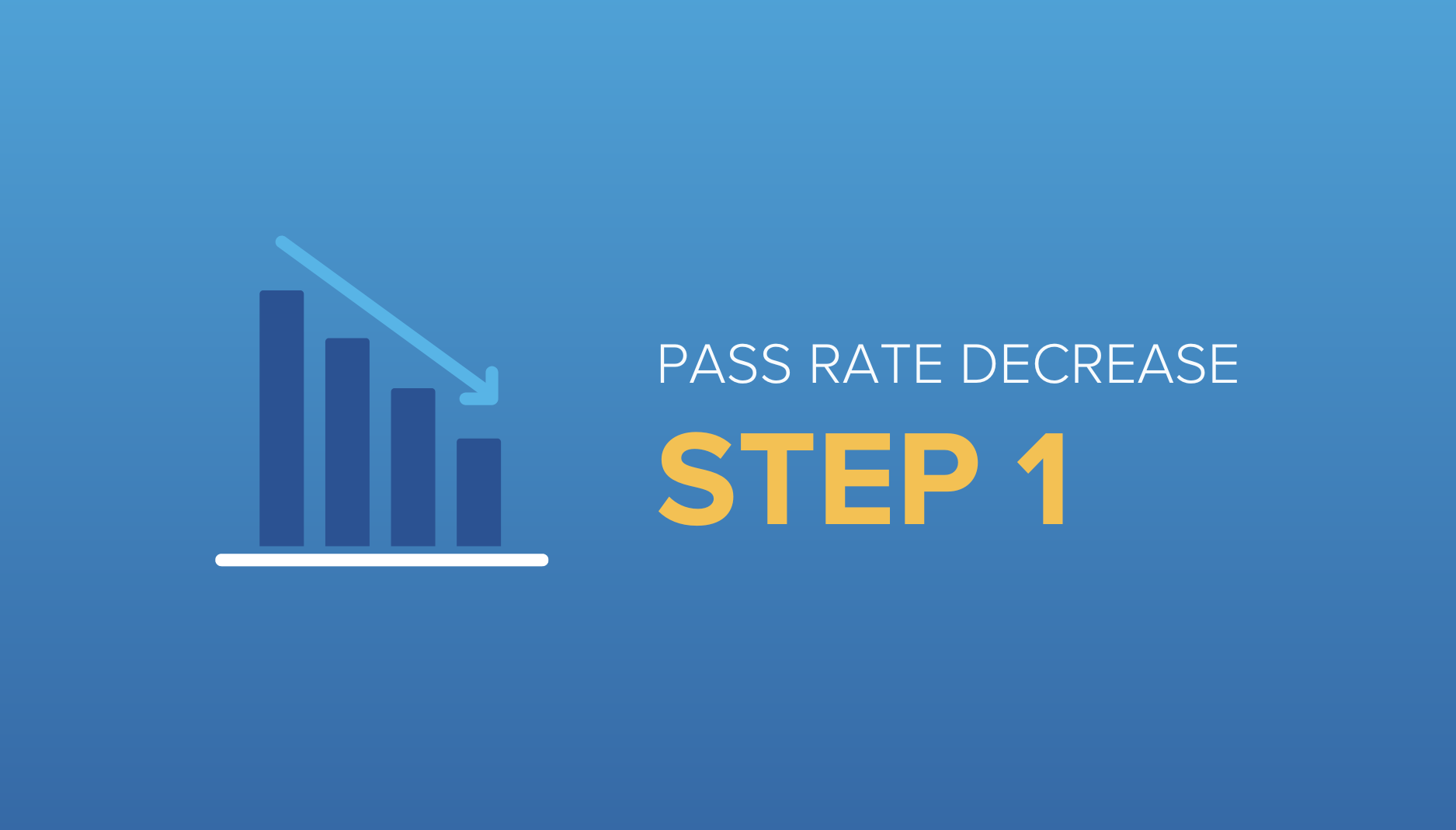Everyone needs help at one time or another, and med school is no exception. In fact, entering medical school is most likely going to be a significant (and stressful) change from your schooling and work prior to entry. Unless you are in the minority of medical students who transitioned from a high-pressure corporate job and have significant real-world experience, you were probably in somewhat of a “bubble” while going through high school and undergraduate studies.
However, there’s no need to struggle to figure this all out on your own. While medical school can be a difficult adjustment for anyone, there’s one critical source of comfort, wisdom, and stress relief that far too often goes underutilized: reaching out for help.
The Challenges of Med School: Signs to Ask For Help
Upon starting medical school, you’re figuratively thrown into the deep end and forced to learn how to swim. That is not to say that medical school is completely representative of the “real world,” but it is still a stressful environment that can take a toll on many aspects of your life. For example, you may very well struggle with the following issues and need the right support system to overcome them.
Challenge 1: Academic Pressure / Resource Exhaustion
For one, time spent in academic studies ramps up immensely in medical school. The adage “drinking from a fire hydrant” accurately describes the feeling of embarking on preclinical courses. The sheer volume of material you have to learn is vast and remains ever-growing as modern medicine expands its horizons.
And to make things even more confusing, there is an overabundance of educational resources available to you. This creates a paradox of choice that paralyzes students with the dilemma of picking which tools to spend their money and time on. If you find yourself struggling to keep up or trying to find a study method that is effective for you, that does not mean that you are bad at studying or not smart enough for medical school. It simply means that you could benefit from some guidance to help you adapt to what is understandably a new and difficult situation.
Challenge 2: Poor Mental Health
Your academic performance may not be the only aspect that gets challenged in medical school. Mental health can also take a toll due to the combination of stress, time constraints, and life-or-death situations that medical students are often exposed to. Approximately one-third of medical students experience burnout and depression, which is higher than the prevalence in the general population, as well as students not in the medical field.
Check out the post “What is ‘Study Burnout’ and How to Prevent It” to help prevent burnout and don’t be afraid to ask for help. Shame and loneliness due to academic struggle can also further affect your mindset, and in extreme cases create a vicious cycle of your mental health detracting from your performance, and vice versa.
Challenge 3: Harassment
Finally, the medical field is no exception to the same issues of harassment that plague other professions. You may witness, or unfortunately experience, hazing or workplace harassment during your training, which can further put you in a terrible position or even turn you off the field completely.
How can asking for help benefit you (and others)?
If you’ve been in medical school or spent a lot of time in the pre-medical student community, you’ve likely cottoned on to how competitive and intense everything can feel. Med students are constantly surrounded by high achievers and other motivated individuals who seemingly thrive under intense conditions, like thermophiles.
If it appears that everybody around you is succeeding academically and you’re personally finding it extremely difficult or exhausting, that feeling of falling behind can further isolate you and exacerbate the problem. As much as comparison is the enemy of happiness and we’re often reminded not to compare ourselves to others, it is a human tendency that can pierce through even the toughest mental armor.
This perception that everybody is doing better than you can contribute to stigma or fear of asking for help. I know the last thing you probably want to do is look weak, or admit defeat. However, asking for help does not make you weak. Perhaps this was the case in the not-so-distant past. It cannot be denied that the culture of medicine has had a history of toxicity and blaming individuals rather than larger systemic issues. But today, in light of the data surrounding high rates of physician suicides, more and more people are realizing that we need to actively combat this culture. Things aren’t perfect yet, but the tide is turning.
That is why asking for help if you’re struggling in medical school can be the most mature and insightful action you can take. For one, it helps you. You may not get the attention or assistance you need if you don’t recognize that need and address it. Unfortunately, the ones around you may be too wrapped up in their own responsibilities to recognize the signs of crisis in another.
Additionally, speaking up could potentially help others. With the rates of depression among medical students being as high as they are, it’s probable that many of your peers are also secretly struggling in silence. Bringing issues to light will allow you and your peers to find each other and not feel so alone, as well as normalize the fact that asking for help is beneficial and necessary.
Who knows? You may also end up drawing necessary attention to systemic deficiencies that could benefit from an update, or end up saving your peers or even patients from abuse or injustice. Ideally, asking for help early will give you the best chance at benefitting and improving your situation. Don’t let stigma and fear detract from your success and put you in a worse position.
What does ‘asking for help’ look like?
Of course, asking for help may look different for different people. Maybe you just need a little peer support, or a study group to help you get your thoughts together. Maybe you just need to commiserate with somebody who understands what you’re going through and talk it out together. Some may wait until they fail an exam—or worse, an entire clerkship—before mustering up the courage to ask for help. Don’t be that student. Remember that an ounce of prevention is worth a pound of cure and reach out for support early on, as soon as the warning signs arise.
There will also be times when you might need more help than what you currently have available. If you’re having difficulty with the academic aspect of school despite trying multiple resources, or you feel uncomfortable or embarrassed talking about your academic struggles with your classmates, you might consider hiring a professional tutor to help you get back on track. Here are just a few signs you might need a med school tutor:
- Your core issue is test anxiety/test-taking.
- The volume of information feels like too much to handle.
- Your scores aren’t good despite trying various methods.
- You need an objective assessment of your weaknesses and strengths.
- You don’t feel comfortable going to your peers.
Additionally, if you’re struggling with your mental health, you may need to seek out professional mental health services. If you’re worried about anonymity, some institutions provide student support services that preserve your privacy, which may be the right fit for you.
It’s no secret that medical school comes with its fair share of struggles. That does not mean that you have to struggle alone. Asking for help when you need it means that you have your eyes on what’s really important—it’s not ego, it’s not the posturing of others, and it’s not what others think about you—it’s about choosing the right path for your success.





